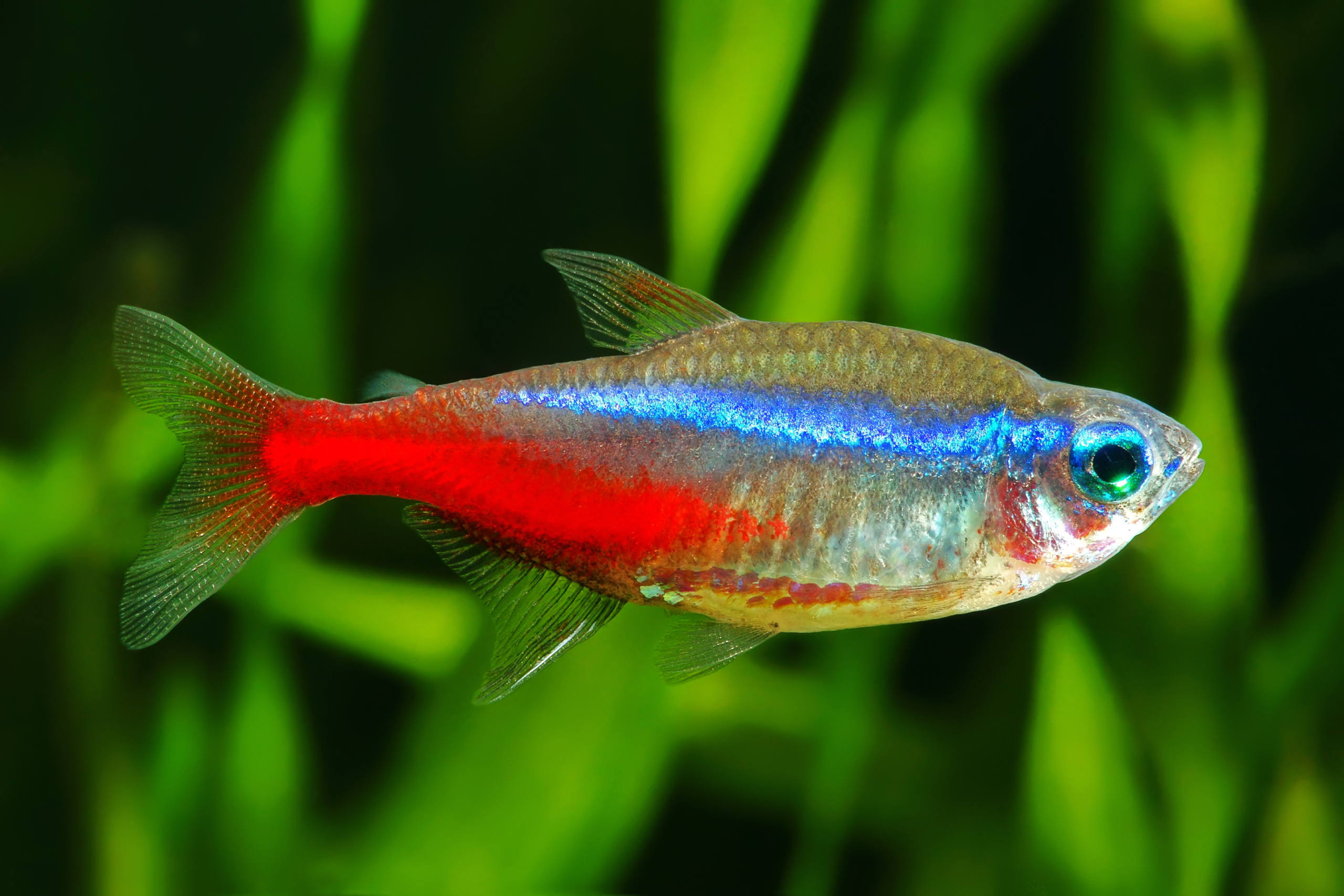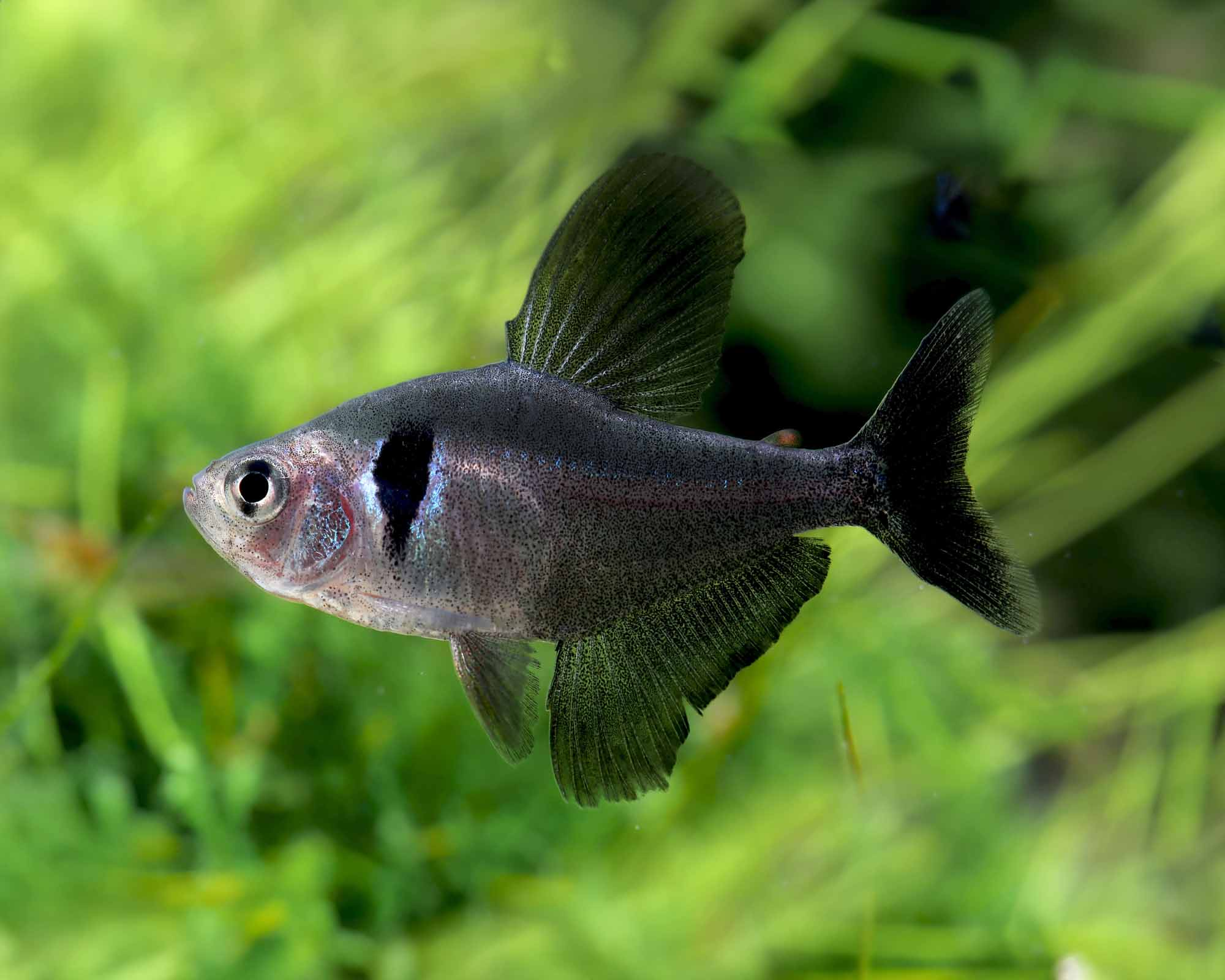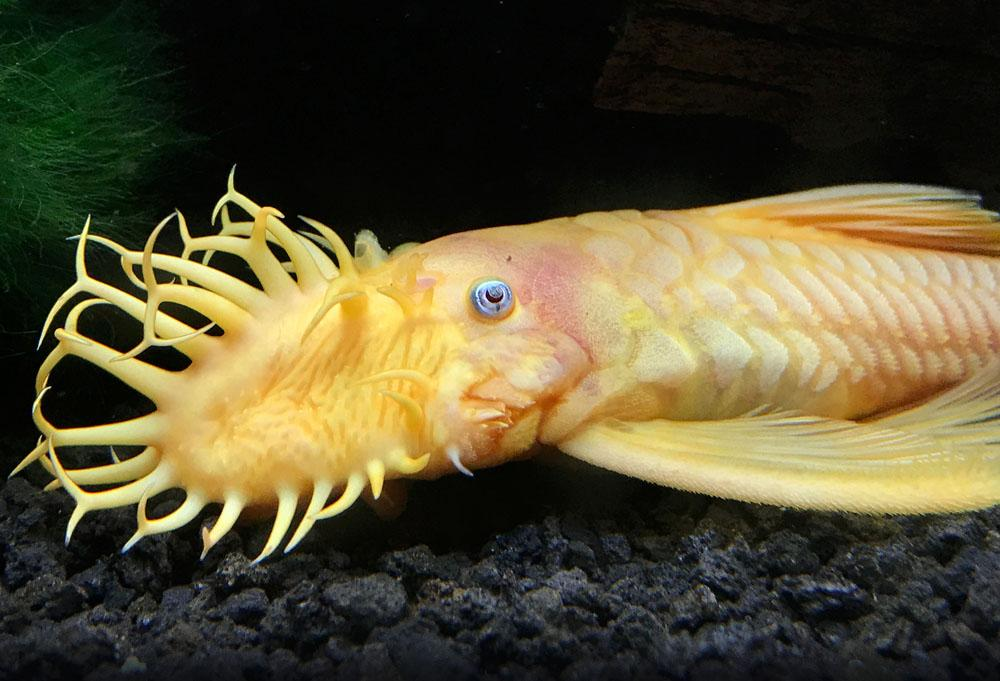Otopharynx tetrastigma, a vibrant and captivating cichlid species, hails from the crystalline waters of Lake Malawi in East Africa. Known for its striking appearance and intriguing behavior, this fish has become a favorite among aquarium enthusiasts and ichthyologists alike.
Physical Characteristics
Otopharynx tetrastigma boasts an array of dazzling colors that can captivate any onlooker. Males, in particular, are adorned with a brilliant metallic sheen, featuring hues of blue and green interspersed with bright red spots and a distinctively patterned dorsal fin. Females, while more subdued in coloration, maintain a graceful appearance with their silver bodies and subtle markings. This dimorphism is not just for show; it plays a significant role in their mating rituals and social dynamics.
Habitat and Distribution
This species is endemic to Lake Malawi, one of the African Great Lakes renowned for its rich biodiversity and vibrant aquatic life. Otopharynx tetrastigma typically inhabits rocky outcrops and sandy substrates, where it finds shelter and feeds on a diet primarily consisting of zooplankton and small invertebrates. The rocky crevices provide an ideal environment for breeding and protection against predators.
Behavior and Ecology
Otopharynx tetrastigma exhibits fascinating behaviors, especially during breeding season. Males establish and defend territories, showcasing their vivid colors to attract females. They are known for their unique mouthbrooding behavior; after spawning, the female will carry the fertilized eggs in her mouth until they hatch, providing a safe haven for the developing fry.
Aquarium Care
For aquarists, keeping Otopharynx tetrastigma can be a rewarding experience. These cichlids require a spacious tank with plenty of hiding spots and a well-maintained environment to mimic their natural habitat. Water conditions should be closely monitored, maintaining a pH between 7.8 and 8.6 and a temperature range of 24-28°C (75-82°F). A diet rich in protein, such as high-quality flake food, brine shrimp, and bloodworms, will keep these fish healthy and vibrant.




Reviews
There are no reviews yet.